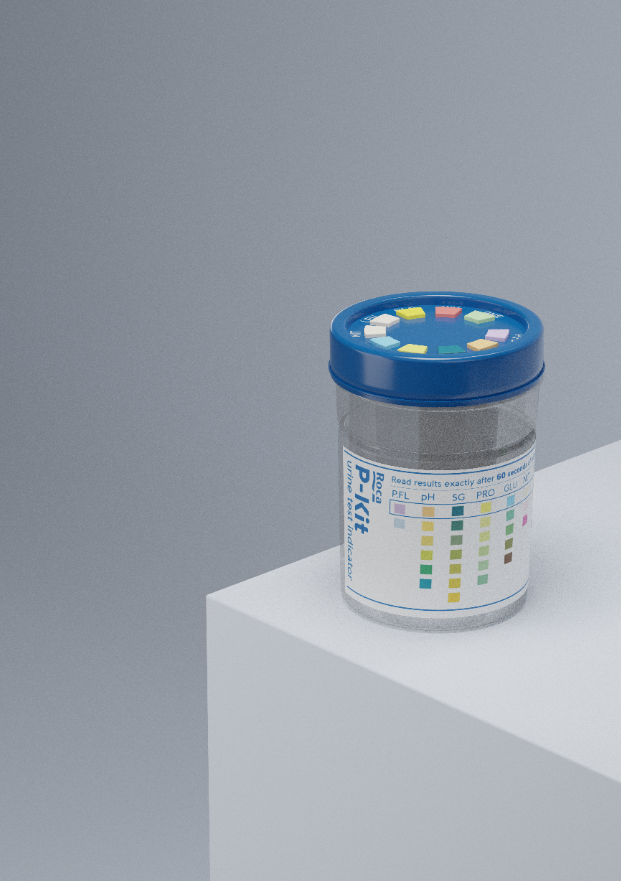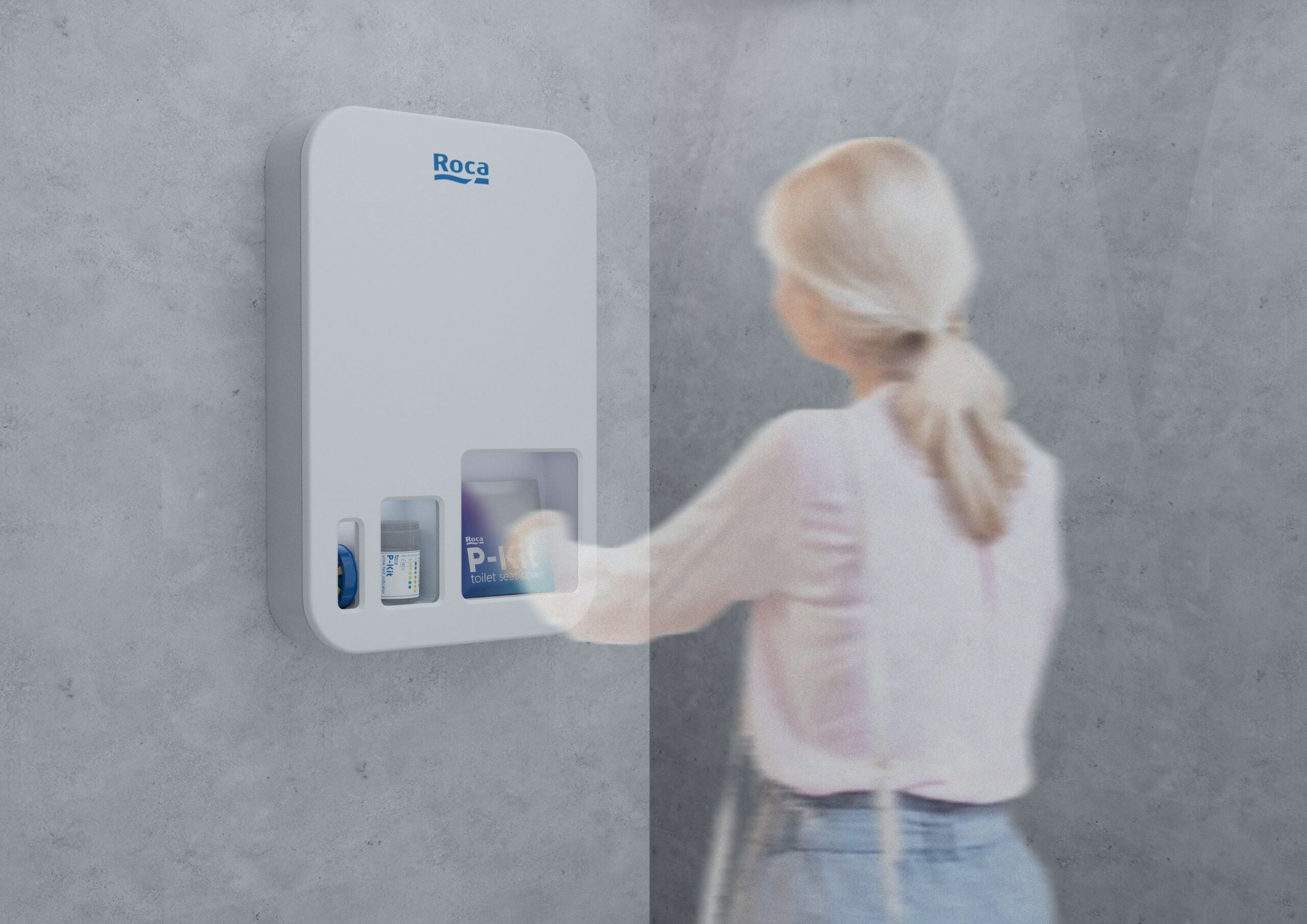Fourth-year BS Interior Design student Andre Judiel Parabas clinched first prize in the Health and Wellness category of the recently concluded 10th Roca International Design Contest for designing a low-cost, eco-friendly rapid home urine test kit.
Parabas’ winning design, P-Kit, is a three-part testing kit that checks urine for traces of diseases such as diabetes, malaria, and HIV.
Parabas initially had three concepts in mind before arriving at the idea of designing a product that would be “more accessible and affordable to the masses.” He said he wanted a concept that was relevant to the United Nations’ Sustainable Development Goals.
Called jumpthegap, the competition aims to “come up with creative, innovative, and radical bathroom solutions to address the challenges included in the 2030 agenda.” This year’s competition hosted a total of 2,165 participants from 102 countries around the globe.

Solutions
Parabas said that entering the university helped him identify problems and create solutions that were beyond “surface-level knowledge.”
“With the help of my college, the [Clothing, Textiles and Interior Design] department, and my creative orgs, UP AdCore, UP Design Core, and ASAPHIL-UP, I am able to hone how I approach each design problem,” he said.
Parabas recalled a 2017 World Health Organization report which states that half of the world’s population has limited access to health services. He added that since healthcare facilities were centralized in urban areas, rural communities suffer from a lack of health assistance and heavy transportation costs.
Another concern even in urban areas, he said, was the time spent in long lines in clinics even for a simple check-up.
“By creating a low-cost and in-home diagnosis kit like P-Kit provides the best possible alternative to many people who cannot afford to go to a hospital for a check-up,” he said.
As an alternative to existing urine tests, P-Kit would allow people to perform a urinalysis at home and make health monitoring easier and more affordable.
“These data made me realize that accessibility and ease of use is a big factor in my design process,” he noted.
Parabas also wanted his design to be environment-friendly after observing how much single-use plastics medical facilities use. The P-Kit is made with biodegradable plant-based materials like bioplastics from water hyacinths. He hopes that the shift to more sustainable designs would inspire other medical tools and equipment.
Beyond the award
For Parabas, designing the P-Kit goes beyond winning an award. He wanted to create a product that would serve the masses and “benefit not just a few people.”
He hopes that the P-Kit will help communities in remote areas. Allowing residents of those areas regularly assess their health and aid in the early detection of diseases without having to travel to distant health centers and hospitals.
“I think that P-Kit is a part of designing for the masses,” he said. “Healthcare is inaccessible in the Philippines, regardless of where you live or stay.”
As Parabas finishes his degree, he hopes to do more research on the viability and effectiveness of his design. He stated that the award further fueled his dreams as a designer and an advocate.
“The award solidified my passion to create designs that are rooted in social problems faced by the masses and the under-served, all while offering design solutions that are feasible and scientific.” DZUP

